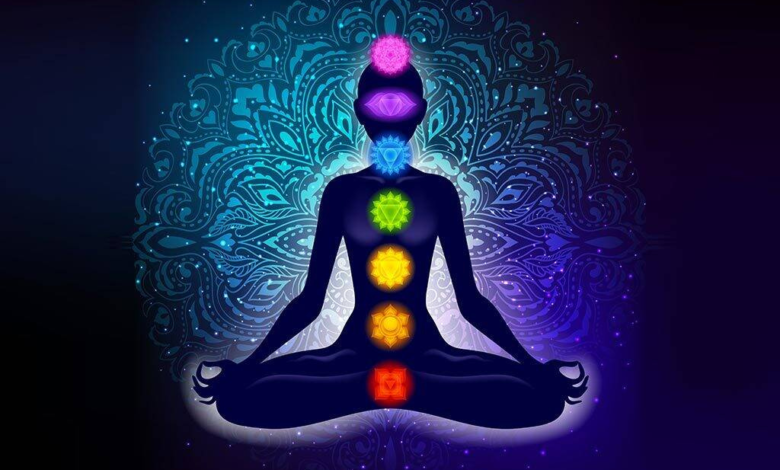
Spiritual healing is a comprehensive approach to health that emphasizes the relationship between mind, body, and spirit. It seeks to restore balance and harmony within the individual by addressing not only bodily diseases, but also emotional, mental, and spiritual impediments. Unlike traditional medicine, which focuses on treating symptoms, spiritual healing dives deeper into the underlying causes of sickness, aiming to heal the entire individual.
Spiritual Healing’s Essentials
The core of spiritual healing is re-establishing our connection to one another and the greater cosmos. It recognizes that humans are energy beings molded by ideas, feelings, spiritual energies, and forces beyond our physical bodies. The restoration of energy flow facilitates the body’s inherent self-healing mechanisms, leading to healing.
Numerous practices, such as Reiki, energy healing, meditation, and prayer, are used in spiritual healing. In order to facilitate internal healing, practitioners help people balance their chakras, clear blockages from their energy fields, and align their energy fields. Every modality transfers the global life force energy into areas that require it.
Spiritual Healing’s Advantages
Spiritual healing has a lot of advantages:
Emotional release: It aids in the release of repressed emotions and fosters inner peace by addressing deeper emotional scars and traumatic experiences.
Stress relief: Many spiritual activities have a relaxing effect that helps people feel less stressed and anxious, which makes it possible for them to discover tranquility and clarity in their lives.
Enhanced wellbeing: It increases vitality in general, resulting in an increased sense of mental, emotional, and physical well-being.
Spiritual growth: Many people experience personal transformation and spiritual awakening as a result of discovering a closer connection to who they really are.
Common Techniques for Spiritual Healing
Reiki Healing: To re-establish equilibrium, practitioners of this Japanese energy healing practice transfer healing energy through their hands.
Crystal healing: Clears blockages and rebalances the chakras using the vibrational energy of crystals.
Meditation: Promotes clarity and inner serenity by helping to calm the mind and establish a connection with the higher self.
Sound Healing: Uses sound vibrations, such as singing bowls or chanting, to shift energy and encourage healing.
Spiritual Healers’ Role
A spiritual healer serves as a channel for divine or universal energy. Healers accompany patients on their healing journey, providing support and insight while aiding the healing process. They assist clients in releasing bad energy patterns, uncovering subconscious blocks, and gaining a better knowledge of their soul’s mission. Compassion and empathy are essential for effective healing because they allow the healer to establish a safe environment for transformation.
Spiritual Therapy and Modern Medicine
While spiritual healing is not a substitute for conventional medicine, it can be an effective supplemental therapy. Integrating spiritual healing into traditional medical treatments can help with rehabilitation, pain management, and emotional support during difficult times. Many healthcare professionals are now recognizing the value of addressing the mind-body-spirit connection in patient care.
Conclusion
Spiritual healing provides a pathway to overall well-being by treating not only a person’s physical but also emotional and spiritual needs. Spiritual healing allows for profound transformation and supports general health by cultivating a deep connection with oneself and the cosmos. Spiritual healing, whether through Reiki, meditation, or energy work, inspires us to live a more harmonious and balanced existence.